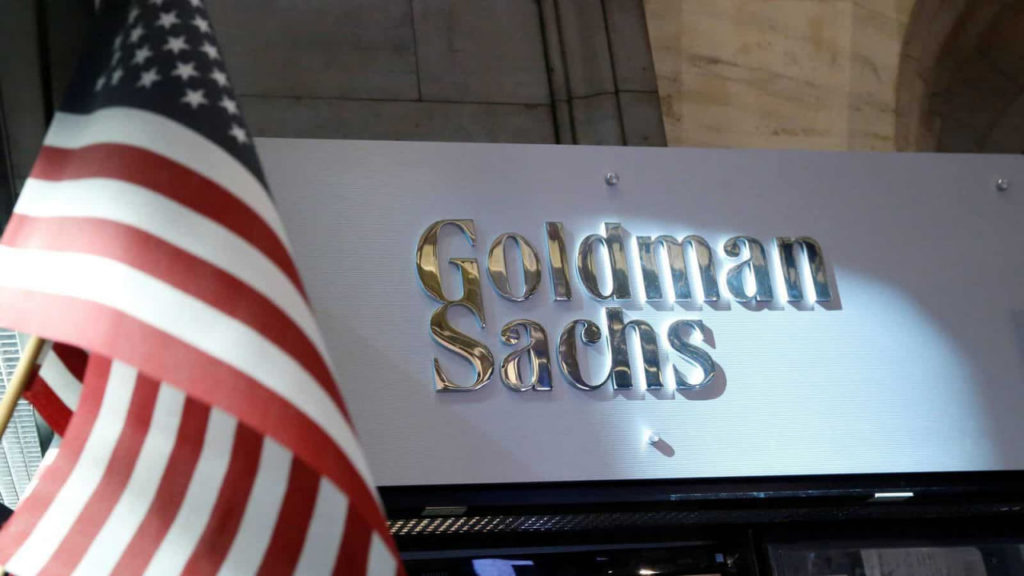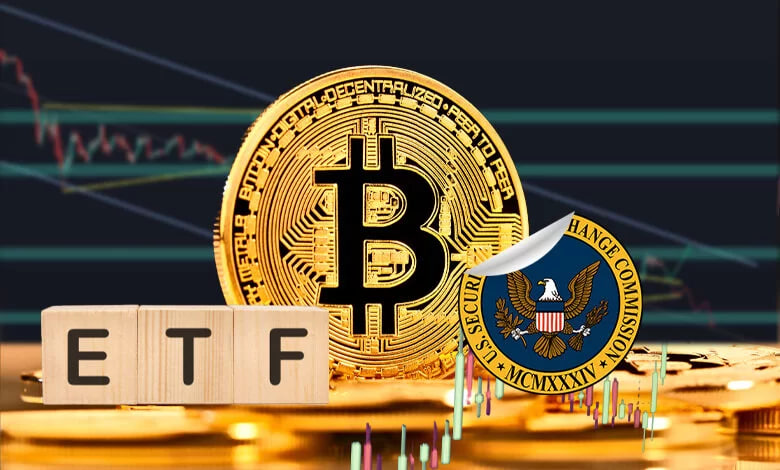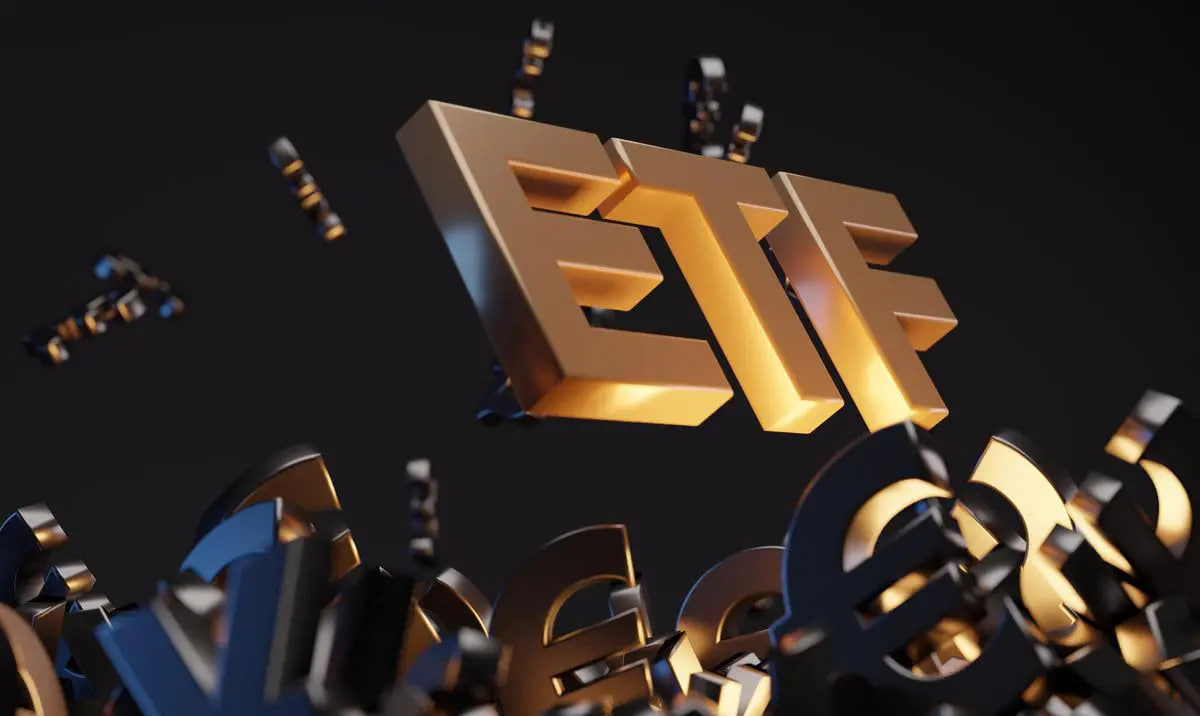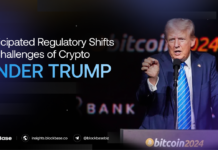The Wall Street investment bank, Goldman Sachs, looks likely to play a key role for the spot Bitcoin ETFs (exchange-traded funds) from BlackRock and Grayscale when it is in talks to become an authorized participant (AP) for these ETFs. This move not only opens doors for these specific ETFs but also signals a larger shift in traditional finance’s embrace of digital assets.

The authorized participant (AP) for the bitcoin ETFs has a crucial role that involves ensuring the ETFs track their underlying asset (bitcoin) accurately. This signifies a major step for the traditional banks, which have previously been cautious about direct cryptocurrency involvement.
Is this good news for the crypto market? Goldman Sachs’ presence lends significant legitimacy to these ETFs. This could attract a new wave of investors who were previously hesitant due to concerns about crypto’s legitimacy. This influx of capital would boost overall market valuations and liquidity, creating a more robust and vibrant ecosystem. In addition, Goldman Sachs’ expertise and resources hold immense potential for improving the infrastructure supporting Bitcoin ETFs. Their involvement could lead to smoother trading, greater transparency, and enhanced security, ultimately benefiting all participants in the market.

With a major player like Goldman Sachs on board, other traditional financial institutions may feel more comfortable exploring the crypto world. This could pave the way for a wider range of crypto-related financial products and services, further solidifying the digital asset ecosystem. Last week, other giants like JPMorgan Chase, Jane Street, and Cantor Fitzgerald also stepped up as APs for various Bitcoin ETF applications. This collective backing from established financial institutions sends a clear message: crypto is the potential realm.
While Bitcoin ETFs have generated significant excitement in the market, it is important to note that they have not yet been approved. However, Goldman Sachs’ involvement represents a significant step towards greater recognition and potential integration of crypto assets into the traditional financial system.





